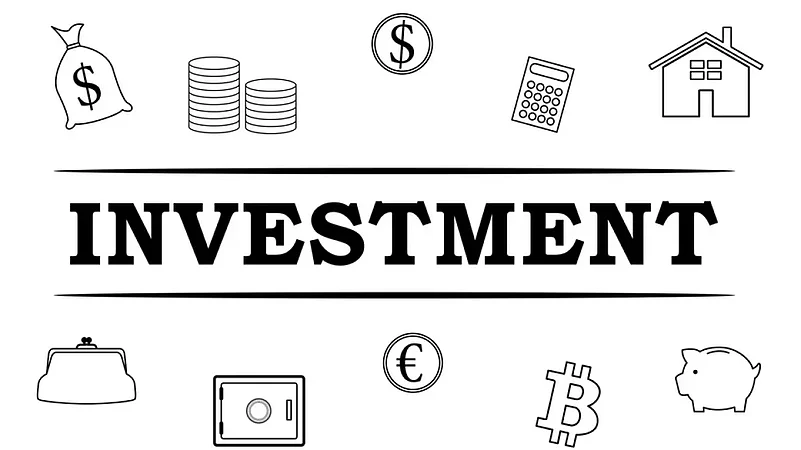To err is human, and to learn from them is the stepping stone to investors’ journey and wealth creation.
As quoted by Christopher Pavese – “Great investors become great by objectively examining their mistakes and weaknesses, and consciously reflecting on them.”
So, now, let’s see the four common mistakes that retail investors must avoid, and how they should overcome them.
No Finite Plans
The primary mistake that retail investors often do while investing their hard-earned money is that most of them don’t have a finite plan. They usually follow the formula “Tips are Always Hits”, and fall into the trap of spurious calls and frauds, leading to huge losses.
The right way is to treat investments as a journey with a well-defined plan, where you need to know the start (age) and your ultimate destination (financial goals).
For the investment journey to be a smooth ride, you also need to know the modes (asset allocation), and how much time (horizon) is required to reach the goal.
Age is also an important factor to consider at the start of your investment journey. Just like a young athlete can take faster steps and sprints to complete the marathon, a middle-aged participant would prefer a slow and steady pace up to the finish line.
Similarly, a younger investor can take greater risks compared to an older investor. Also, the finish line, i.e., the financial goals in the journey are not always the same.
It is good to know experiences from friends and family, however, the best tip is to stay away from tips. Research and sound advice from a reliable financial advisor is the ideal way to sketch out your financial plan.

Putting All Eggs in One Basket
Another common mistake seen among investors is putting all the eggs in one basket. i.e., investing all the money in one asset class like equity or gold. This leads to concentration risks of the investment portfolio.
A multi-asset investment basket with optimal asset allocation helps balance your risk and returns, mitigates market volatility, and creates a hedge against inflation. One can invest in various asset classes, such as equity, debt, commodities, real estate, gold, etc., and the weightage of each class can be decided based on the risk-return profile.
Investment baskets should distribute the funds to cover basic personal finance needs after health cover, life insurance, and contingency funds are taken care of.
It is also essential to churn the basket to reap the benefits of the hatched eggs, i.e., book profits in investments that have matured over time. Portfolio rebalancing and timely exit strategies help achieve these life goals.
Chasing Past Performance For Similar Returns In Future
Historic returns should not be considered as the sole deciding factor while making investment decisions. Investors get carried away watching the past performance of investment instruments, and expect similar returns irrespective of other factors, such as macroeconomic indicators – GDP, inflation and interest rates, regulatory framework, financials of the company, etc. Investors must focus on the whole picture and adopt a 360-degree approach while making investment decisions, and understand that the highest yield carries the highest risk.

Timing the Market
In a tussle between greed and fear, investors try to time the markets. When markets are in a bear phase, investors wait for a bargain hunt and want to do bottom fishing in a correction mode.
On the other hand, when markets are in a bull phase, they rush to invest their hard-earned money with The Fear of Missing Out (FOMO). Decisions made based on emotions rather than rationale mislead investors, resulting in wrong investments.
As a young earner starting on your journey, don't make the mistake of investing both time and money into the stock market. A disciplined investment plan, like a systematic investment plan (SIP) is a great way to reap the benefits of the power of compounding in the longer term.
Rather than timing the markets, it is important to understand the correlation of various factors that impact the market volatility, and patience is the key to earning generous returns.
Key Takeaway
The quote by Warren Buffet is a key takeaway for all investors - “Well, I think the biggest mistake is not learning the habits of saving properly early, because saving is a habit. And then, trying to get rich quickly. It’s pretty easy to get well-to-do slowly. But it’s not easy to get rich quickly.”
The author is co-founder, Wint Wealth
(Disclaimer: Views expressed are the authors’ own, and Outlook Money does not necessarily subscribe to them. Outlook Money shall not be responsible for any damage caused to any person/organisation directly or indirectly.)




























